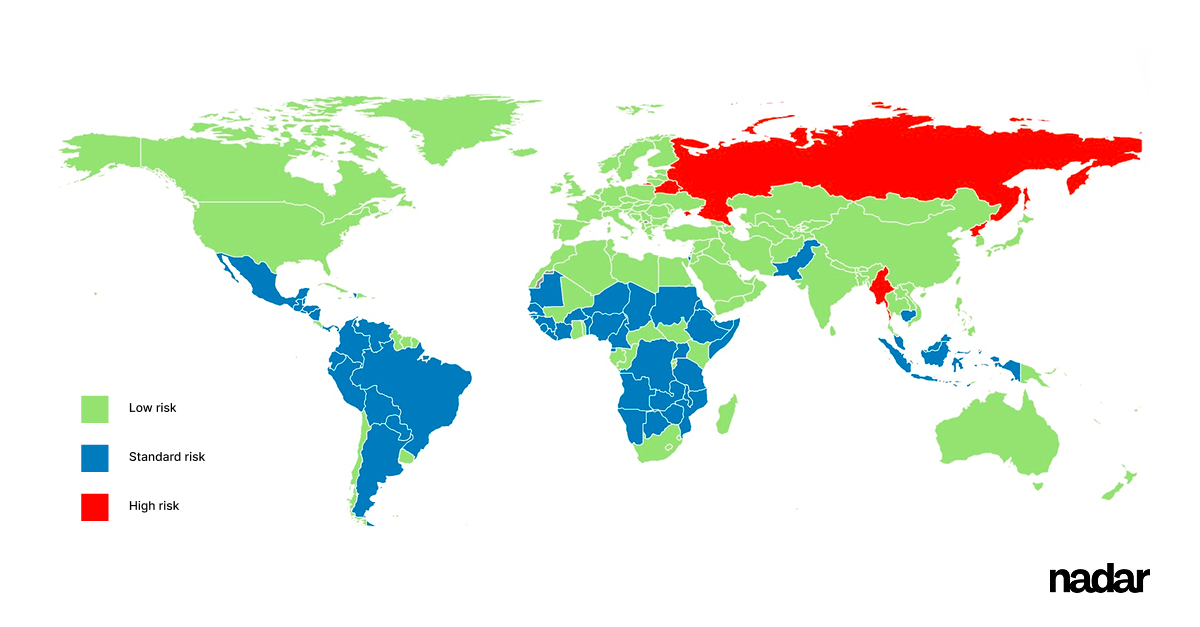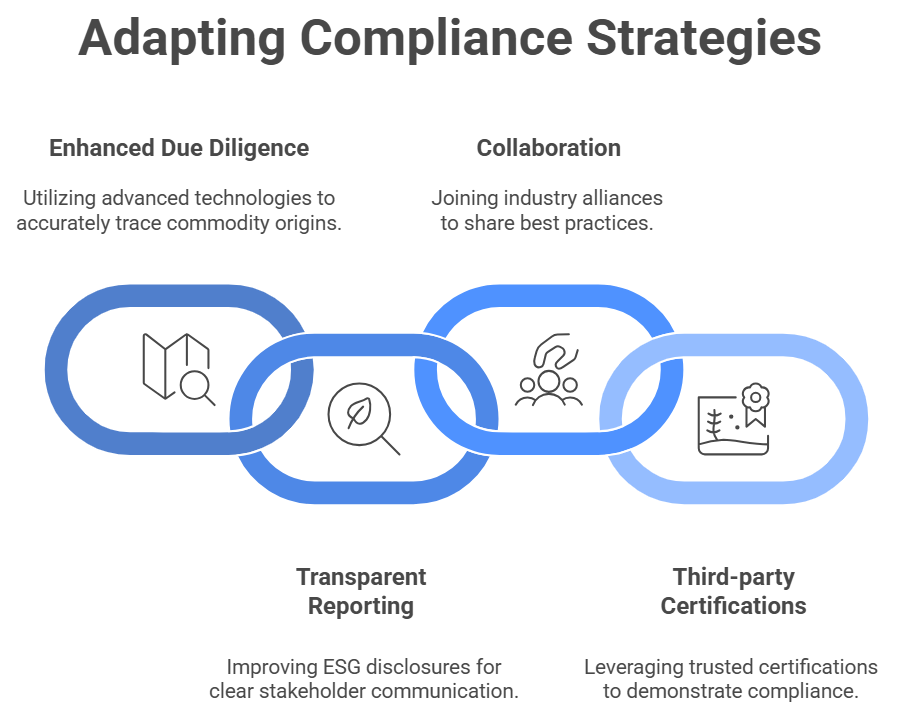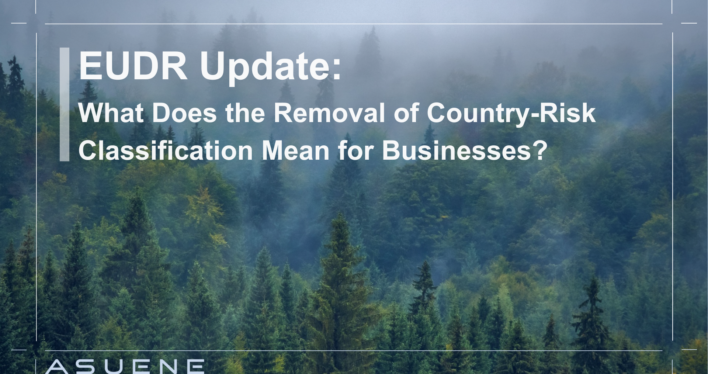- Article Summary
-
Overview
The EU Deforestation Regulation (EUDR), designed to curb global deforestation driven by EU consumption, initially relied on a country-risk classification system intended to simplify and clarify compliance requirements for businesses. However, the European Parliament’s recent decision to reject this classification approach has significantly altered the regulatory landscape, requiring businesses to adapt rapidly. This pivotal development poses new challenges and opportunities, demanding deeper internal accountability and transparency from companies involved in global commodity trading.
Understanding the EUDR and the Role of Country-Risk Classification
The EUDR originally aimed to reduce the EU’s deforestation footprint by mandating stringent due diligence measures on commodities linked to deforestation, including palm oil, soy, cocoa, timber, and cattle products. Central to its framework was the country-risk classification, categorizing countries based on their deforestation risks. The intent was straightforward: streamline compliance processes, help businesses identify high-risk sourcing regions quickly, and provide clear benchmarks for risk management and reporting. This system promised efficiency and transparency, especially appealing for businesses juggling complex international supply chains.

Why Was the Country‑Risk Classification Rejected?
However, on 9 July 2025, the European Parliament voted to reject this classification system, citing several key concerns:
- Outdated and inaccurate data: Lawmakers argued the benchmarks relied on old information that did not reflect current land use or forest loss dynamics.
- Oversimplification of risk: The system’s three-tier structure was viewed as insufficiently granular to distinguish between countries with vastly different deforestation profiles.
- Demand for better differentiation: Legislators pressed for more nuanced categories—such as a proposed “no‑risk” status—and more responsive, localized assessments of deforestation trends.
Conservative groups, notably the European People’s Party, questioned the classification’s ability to accurately represent real‑world conditions, arguing that it could unintentionally penalize responsible forest managers in countries whose aggregated data placed them in higher risk brackets.
Additionally, this parliamentary decision delayed the implementation of the EUDR by one year. The regulation will now become applicable for large companies in December 2025 and for micro- and small enterprises in June 2026.

Implications of Removing the Country-Risk Framework for Global Businesses
Traceability and due diligence remain central to EU market access, and businesses should closely monitor any developments. The ongoing debate highlights the EU’s commitment to fair and effective rules that consider all stakeholders.
However, the removal of the country-risk framework could significantly increases the compliance complexity for companies. Without this simplified mechanism, businesses must independently verify and continuously monitor deforestation risks across all sourcing regions, regardless of geopolitical context. This translates to more comprehensive due diligence processes, higher operational costs, and potential competitive disadvantages for smaller enterprises with limited resources. Companies must now invest in robust internal systems and technologies to ensure transparency and accurate ESG reporting. Perspectives from industry leaders highlight increased reliance on third-party audits and certifications, and heightened operational adjustments to maintain compliance.

Conclusion: The Future of Sustainable Supply Chains Post-EUDR Update
The elimination of the country-risk classification under the EUDR, though initially challenging for businesses, could ultimately enhance global sustainability efforts. By necessitating more precise and thorough internal processes, companies are compelled to actively engage in combating deforestation rather than relying on simplified, generalized assessments. Ultimately, proactive adaptation, comprehensive ESG strategies, and robust compliance systems will define successful businesses, ensuring their continued competitiveness and leadership in sustainable supply chain management.
Why Work with ASUENE Inc.?
Asuene is a key player in carbon accounting, offering a comprehensive platform that measures, reduces, and reports emissions. Asuene serves over 10,000 clients worldwide, providing an all-in-one solution that integrates GHG accounting, ESG supply chain management, a Carbon Credit exchange platform, and third-party verification.
ASUENE supports companies in achieving net-zero goals through advanced technology, consulting services, and an extensive network.


